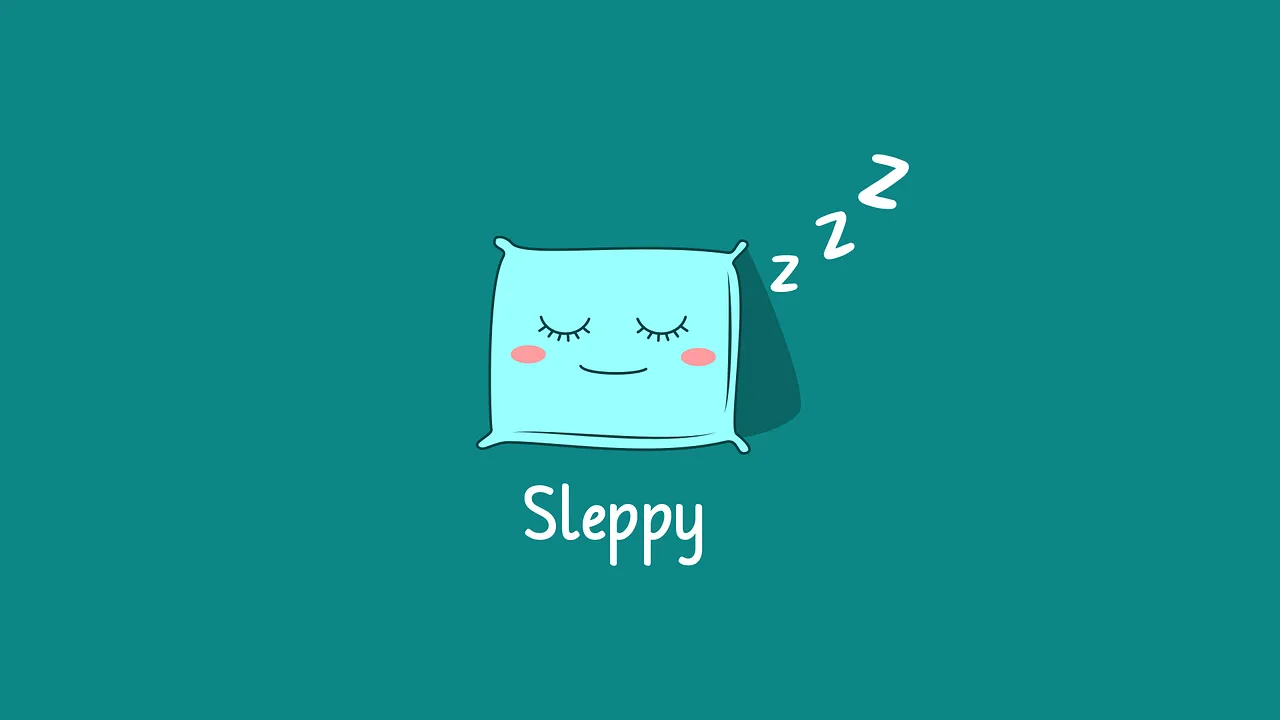
Source:https://pixabay.com/
The Power of Sleep: Exploring the Effects of Sleep on Mental and Physical Health
In our fast-paced world, sleep often takes a backseat to work, social commitments, and screen time. However, the importance of quality sleep for our overall health cannot be overstated. Sleep is not just a time for our bodies to rest; it's a vital process that significantly impacts both mental and physical well-being. Let’s dive into the fascinating ways sleep affects our health and why prioritizing it is essential.
1. The Sleep Cycle: Understanding Its Phases
Sleep isn’t a single state but a complex cycle consisting of several stages, primarily categorized into REM (Rapid Eye Movement) and non-REM sleep. Each stage plays a crucial role:
Non-REM Sleep: This stage helps with physical restoration and memory consolidation. Deep sleep (stage 3) is particularly important for repairing tissues and boosting immune function.
REM Sleep: This stage is essential for cognitive functions, including learning and creativity. During REM, the brain processes emotions and consolidates memories, making it vital for mental clarity.
2. Mental Health Benefits
Sleep and mental health are closely intertwined. Insufficient sleep can lead to a myriad of mental health issues, including:
Increased Anxiety and Depression: Lack of sleep can exacerbate symptoms of anxiety and depression, creating a vicious cycle where poor sleep leads to heightened emotional distress.
Cognitive Impairment: Sleep deprivation affects concentration, decision-making, and problem-solving skills. Studies show that just one night of poor sleep can impair cognitive functions akin to being legally drunk.
Stress Management: Quality sleep enhances our ability to cope with stress. Well-rested individuals are more resilient and better equipped to handle life's challenges.
3. Physical Health Impacts
The repercussions of inadequate sleep extend beyond mental health:
Heart Health: Chronic sleep deprivation has been linked to increased risks of heart disease, high blood pressure, and stroke. Sleep helps regulate stress hormones and inflammation, both of which are critical for cardiovascular health.
Weight Management: Sleep influences the hormones that regulate hunger (ghrelin and leptin). Lack of sleep can lead to increased appetite and cravings for unhealthy foods, contributing to weight gain.
Immune Function: During sleep, the body produces cytokines, proteins essential for immune response. A consistent lack of sleep can weaken the immune system, making one more susceptible to infections.
4. Practical Tips for Better Sleep
To harness the benefits of sleep, consider these strategies:
Establish a Sleep Routine: Going to bed and waking up at the same time daily helps regulate your body's internal clock.
Create a Sleep-Friendly Environment: Keep your bedroom dark, cool, and quiet. Invest in a comfortable mattress and minimize distractions from screens.
Limit Stimulants: Reduce caffeine and nicotine intake, especially in the hours leading up to bedtime.
Practice Relaxation Techniques: Engage in calming activities before bed, such as reading, meditating, or gentle stretching, to help signal to your body that it’s time to wind down.
Limit Naps: While short naps can be refreshing, long or irregular napping during the day can interfere with nighttime sleep.
Conclusion
Sleep is a powerful, yet often overlooked, pillar of health. Prioritizing sleep can lead to significant improvements in both mental and physical well-being. By understanding its importance and implementing healthy sleep practices, we can enhance our quality of life and face each day with renewed energy and clarity. So, as you navigate your busy life, remember: a good night’s sleep is not just a luxury; it’s a necessity.